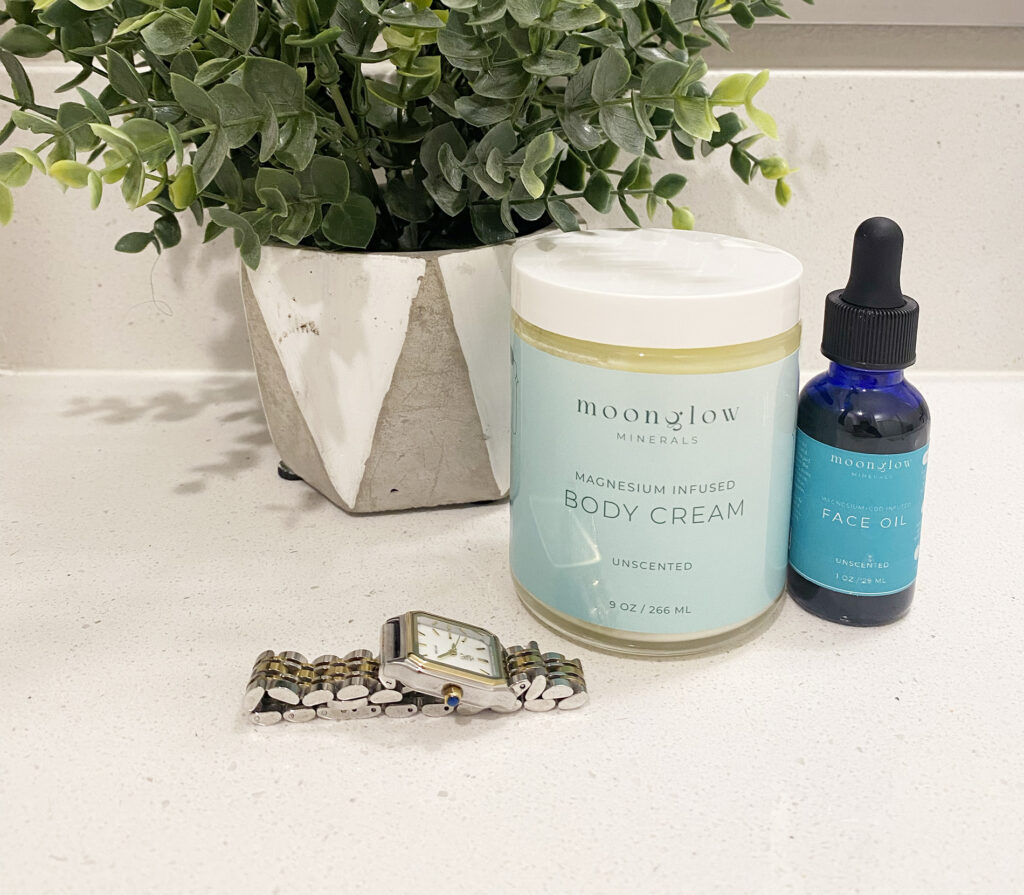A good night’s sleep is essential for overall well-being, and there’s no shortage of remedies in the market. Among the popular options, melatonin has long been hailed as a natural sleep aid. However, in recent years, magnesium has emerged as a contender, claiming to offer better sleep quality with fewer side effects.
Understanding Magnesium and Melatonin
Magnesium: Magnesium plays a vital role in our bodies, supporting muscle and nerve function, energy production, blood sugar regulation, and more. Surprisingly, approximately two thirds of the population may be deficient in magnesium, leading to issues such as muscle twitches, high blood pressure, insomnia and even anxiety and depression.
Melatonin: Melatonin, on the other hand, is a hormone naturally produced in the brain’s pineal gland in response to darkness. It regulates our sleep-wake cycle, known as the circadian rhythm, helping us fall asleep and stay asleep.
How They Work:
- Magnesium: This mineral helps relax the body and mind, preparing it for sleep. It may also alleviate issues like muscle spasms and anxiety, often caused by magnesium deficiency.
- Melatonin: Melatonin directly impacts your circadian rhythm and hormonal regulation of sleep. It doesn’t necessarily induce sleep but helps set the stage for it.
Benefits of Magnesium for Sleep:
Studies have indicated that magnesium can be promising for treating insomnia. One study followed nearly 4,000 participants and found that magnesium intake was associated with better sleep quality. Magnesium supplements have also been shown to help reverse age-related sleep changes seen in older adults.
Melatonin vs. Magnesium:
For short-term sleep challenges, melatonin may be useful, particularly for issues like jet lag or shift work. However, it’s not a universal cure, and its long-term health risks are still unknown. Adverse effects of melatonin can include drowsiness, vivid dreams, and digestive issues.
On the other hand, magnesium is considered safe for long term use and offers a more versatile approach to improving sleep quality. It not only helps regulate melatonin production but also activates the parasympathetic nervous system, promoting relaxation.
Taking Both Magnesium and Melatonin:
Some studies suggest that taking both magnesium and melatonin might be beneficial, especially for those with sleep disorders. However, consulting with a healthcare professional is essential to ensure safety, especially when taking other medications that may interact with these supplements.
While melatonin has its merits, magnesium shines as a promising sleep aid with fewer risks and potential for long-term benefits. If you’re looking to improve your sleep, starting with magnesium supplementation is a sensible choice. Ultimately, the choice between magnesium and melatonin depends on your specific sleep concerns and goals. Don’t forget to prioritize quality sleep for a healthier, more rejuvenated you – That’s where you get the glow.
